If you’re looking for the best mental health books for young adults that will not only help you expand your wellbeing, but also inspire you to ask for more out of life, as opposed to just comforming to what you’re experiencing at this moment, then this is the perfect post for you!

The Best Mental Health Books For Young Adults
I’ve prepared a list of 12 books on mental health for adults for you that I believe to be very beneficial for your mental health, as well as motivating for you and anyone else who is ready to live a more fulfilling and purposeful life.
Right below the list you’ll find practical tips to help you get the most out of your purchase, so don’t forget to check them out!
Let’s jump right in and explore the best mental health books!
This post has affiliate links which means that we make a commission from qualifying purchases at no additional cost to you. For more information read our Affiliate disclosure.
Note: Although I am a Clinical Social Worker, engaging with this website does not establish a professional social worker-client relationship. The information provided here is for general purposes only and should not be considered professional advice. While we strive to ensure accuracy and reliability, this content is not a substitute for professional guidance. For specific concerns, issues, or situations, it is essential to consult a qualified professional and present your situation. Read the full Disclaimer here.
TOP MENTAL HEALTH BOOKS FOR YOUNG ADULTS

1. The Mindful Way through Depression: Freeing Yourself From Chronic Unhappiness by Mark Williams, John Teasdale, Zindel Segal, and Jon Kabat-Zinn
The Mindful Way through Depression is a great book that aims to help with challenging depression using mindfulness-based cognitive therapy (MBCT). This is a therapy that combines cognitive-behavioral therapy (CBT) with mindfulness.
More precisely, this book combines the practices of mindfulness and CBT therapy approach to help with negative thought patterns and emotions and finding a sense of peace and well-being.
Inside you’ll find a variety of exercises and meditations that you can use to cultivate mindfulness (develop mindfulness skill) and improve mental health.
The book was written by Mark Williams, John Teasdale, Zindel Segal, and Jon Kabat-Zinn, all of whom are well-known experts qualified to introduce you to the power of mindfulness-based cognitive therapy.
The book explains the nature of depression and the ways in which it can affect people’s lives.
And when they introduce the concept of mindfulness, the authors explain that it can help individuals to better understand and manage their thoughts, emotions, and behaviors, so they can break the perpetual cycle of depression.
It also includes guidance on how to apply mindfulness to daily life, including how to handle difficult emotions, how to communicate effectively, and how to develop healthy relationships.
Other Posts Featuring Mental Health Books:
2. The Body Keeps the Score: Brain, Mind, and Body in the Healing of Trauma by Bessel van der Kolk
“The Body Keeps the Score: Brain, Mind, and Body in the Healing of Trauma” is a groundbreaking book that offers a comprehensive understanding of psychological and physiological effects of trauma, or how trauma affects the brain and the body, and how these effects can be treated.
In the book, author discusses the various ways in which trauma can manifest in an individual, including through physical symptoms, emotional disturbances, and behaviors.
But “The Body Keeps the Score” is not just a book about the negative impacts of trauma. It also offers practical tools and strategies for healing and recovery.
It’s written by a psychiatrist and trauma expert with 30 years of experience in working with trauma survivors, Bessel van der Kolk, and it presents a wealth of research and clinical experience that sheds light on the ways in which trauma can disrupt the body’s natural balance and lead to a variety of physical and psychological symptoms.
He somewhat controversially argues that traditional therapies, such as talk therapy, can be insufficient for treating trauma because they miss to address the physical and emotional changes that occur in the body and brain as a result of trauma.
Instead, van der Kolk advocates for including treatments that engage the body, such as yoga, meditation, and exercise, in order to help individuals heal from trauma because they offer new paths to recovery by activating the brain’s natural neuroplasticity.
The book also discusses the importance of building supportive communities and relationships in the healing process, and the role of caregivers in helping individuals to cope with trauma.
This book is a thought-provoking and informative peace intended for mental health professionals, as well as for individuals who have experienced trauma that offers practical guidance for healing from traumatic experiences.
3. The Anxiety and Phobia Workbook by Edmund Bourne
The Anxiety and Phobia Workbook is a helpful action-oriented resource that provides practical tools and techniques for dealing with anxiety and phobias. The book was written by Edmund Bourne, a clinical psychologist with expertise on the topics of anxiety and phobia.
The book dives into the nature of anxiety and phobias, and the ways in which they can affect an individual’s life. It introduces a range of techniques and strategies that can be used to manage them, including relaxation techniques, cognitive-behavioral therapy (CBT) techniques, and exposure therapy.
Rather than simply providing theory and information, it offers a wide range of exercises and activities for actively working on improving mental health and provides guidance on how to develop a personalized plan for managing anxiety and phobias.
It also includes chapters on specific types of anxiety and phobias, such as social anxiety, panic disorder, and obsessive-compulsive disorder (OCD), and provides strategies for managing these conditions.
Whether you’re dealing with generalized anxiety, specific phobias, or panic attacks, this workbook provides the tools and support you need for coping with and overcoming them.
These techniques are presented in the form of exercises that readers can complete on their own or with the help of a therapist.
YOU MAY ALSO LIKE:
4. Man’s Search for Meaning by Viktor Frankl
“Man’s Search for Meaning” is a classic work of psychology and philosophy that explores the human search for meaning and purpose in life.
It reveals that the search for meaning is a fundamental human need, and that finding meaning in your life is essential for mental health and well-being.
Written by Viktor Frankl, a renowned professor of psychiatry and neurology and Holocaust survivor, the book is based on the author’s experiences and observations of how people find meaning in difficult and challenging situations.
One of the key insights of the book is that meaning in life cannot be pursued directly, but rather emerges as a byproduct of pursuing other goals and values.
Frankl argues that finding meaning in life requires us to embrace our unique talents and strengths, and to use them in the service of something larger than ourselves.
He reminds us that meaning can be found through work, relationships, and suffering, and that it is important to find meaning in your own unique way.
This deeply moving book offers valuable insights and strategies for finding purpose in life despite adversity you’re in the middle of.
The book is based on Frankl’s own experiences in a Nazi concentration camp, where he observed that those who were able to find meaning in their suffering were more likely to survive and thrive.
He went on to develop the concept of logotherapy, which is a form of therapy that focuses on helping individuals to find meaning in their lives.
Frankl’s book is divided into two parts. The first part discusses his experiences in the concentration camp and how he developed the concept of logotherapy, while the second discusses the importance of finding meaning in life and how it can be found in different circumstances.
5. The Power of Now: A Guide to Spiritual Enlightenment by Eckhart Tolle
The Power of Now: A Guide to Spiritual Enlightenment is a best-selling spiritual guidebook aiming to help readers quiet their mind, discover their true spiritual nature, and find inner peace, stillness, and happiness in the present moment.
Written by spiritual teacher Eckhart Tolle, the book offers a simple but profound message: that true happiness and fulfillment can only be found in the present moment, and that by letting go of our ego and the attachment to thoughts and emotions that occupy our minds, we can connect with our true selves and the world around us.
You can learn to quiet your mind and connect with inner self through a series of meditations and exercise and find clarity that can transform your life.
The book presents the idea that the mind is constantly creating problems for itself and that the root of all suffering is the ego, or the sense of self that we hold on to and identify with.
Tolle argues that we can break free from this cycle of suffering by becoming aware of our thoughts and learning to let go of our ego. He suggests that we can do this by cultivating mindfulness and acceptance.
Tolle also discusses the concept of “enlightenment” and how it is not something that can be attained through external means, but rather is a state of being that is achieved through inner transformation.
Related:
6. Daring Greatly: How the Courage to Be Vulnerable Transforms the Way We Live, Love, Parent, and Lead by Brené Brown
Daring Greatly: How the Courage to Be Vulnerable Transforms the Way We Live, Love, Parent, and Lead is a self-help book written by a well-known social scientist Brené Brown.
She is a research professor who spent her research career at the Graduate College of Social Work, and author. Her perspective and insights are based on a decade of her research on vulnerability, shame, and empathy, while her book offers practical insights and strategies for overcoming fear and self-doubt and living a more fulfilling life.
This book invites you to embrace vulnerability and imperfection as a path to wholehearted living and meaningful connection with others.
One of the key points of the book is that vulnerability is not a weakness, but rather a strength that should be used for connecting with others and creating meaningful relationships.
Brown explains that problem with vulnerability is that it’s often seen as a weakness, but it is actually a source of courage.
By learning to be vulnerable with others, we can not only build deeper connections, but also live a more authentic life.
Moreover, its invitation to embrace vulnerability as a game changing path to a wholehearted living.
She suggests that by daring to do so, we can open ourselves up to new experiences and living more courageous lives.
Additionally, the book explores how vulnerability is related to a variety of topics, including parenting, leadership, and relationships and how it can transform all od them.
But besides discussing the importance of it, Brown offers practical tips and strategies for cultivating vulnerability in our daily lives.
7. Feeling Good: The New Mood Therapy by David D. Burns
Feeling Good: The New Mood Therapy” is a self-help book written by David D. Burns, a psychiatrist and author, that helps with depression, anxiety, and low self-esteem, through the use of cognitive-behavioral therapy (CBT).
As I mentioned, CBT is a form of therapy that focuses on the relationship between thoughts, feelings, and behaviors, that involves identifying and challenging negative or distorted thoughts and replacing them with more realistic and helpful ones.
The book is based on the idea that our thoughts and beliefs have a powerful impact on our emotions and behavior, and that by changing our thoughts, we can change the way we feel.
The book introduces the concept of “cognitive distortions,” that can lead to ‘negative’ emotions, and identifies and explains 10 common cognitive distortions, such as “all-or-nothing thinking,” “overgeneralization,” and “personalization.”
The author then provides strategies and techniques for identifying and refuting these distortions, in order to change negative thought patterns and improve overall mood.
If you found the information on the blog helpful & inspirational and you feel like giving back, you can do it by clicking the donate button after entering amount you’re comfortable with. I’ll use it to create and deliver more useful content and resources like this. Thanks for your precious contribution!
8. Mind Over Mood: Change How You Feel by Changing the Way You Think by Dennis Greenberger and Christine Padesky
Mind Over Mood: Change How You Feel by Changing the Way You Think is a self-help book that teaches readers how to use cognitive-behavioral therapy (CBT) techniques to manage and improve their moods.
The book is written by Dennis Greenberger and Christine Padesky, both of whom are psychologists who specialize in CBT.
Through a series of exercises and activities, readers can learn to identify and challenge unhelpful thought patterns and develop more positive, healthy ways of thinking.
The book presents a range of CBT techniques that can be used to manage emotions such as anxiety, depression, and anger.
These techniques include identifying and evaluating negative thoughts, questioning the evidence for these thoughts, and generating alternative, more balanced thoughts.
The book is organized into chapters that correspond to different mood states, such as anxiety, anger, and low self-esteem, and provides exercises and strategies for managing these moods.
It is intended for people who want to learn more about CBT and how to apply it in their own lives to improve their emotional well-being.
9. The Mindful Path to Self-Compassion: Freeing Yourself from Destructive Thoughts and Emotions by Christopher Germer
The Mindful Path to Self-Compassion: Freeing Yourself from Destructive Thoughts and Emotions is a book that explores the concept of self-compassion and how it can be used as a tool for emotional healing and well-being.
Written by Christopher Germer, a clinical psychologist and expert on mindfulness-based therapies, the book discusses how self-compassion can help individuals to cope with difficult emotions, reduce suffering, and lead a more fulfilling life.
It offers practical techniques for cultivating self-compassion, which can help reduce stress, anxiety, and other negative emotions.
The book provides practical exercises and strategies for cultivating self-compassion, including mindfulness practices, self-compassionate self-talk, and loving-kindness meditation.
He invites you to break free from negative patterns of thought and behavior, and teaches you how to cultivate a kinder, more understanding and compassionate relationship with yourself.
So if you’re ready to embark on a journey of self-discovery and self-care, this book is the perfect companion for the road ahead.
It also uncovers the science behind self-compassion and how it can help to change the brain and improve emotional regulation.
Besides people who want to learn more about self-compassion and how to apply it in their daily lives, it’s useful for therapists and other professionals who work with individuals struggling with emotional difficulties.
Related:
10. The Healing Power of Emotion: Affective Neuroscience, Development & Clinical Practice by Diana Fosha, Daniel J. Siegel, and Marion Solomon
The Healing Power of Emotion: Affective Neuroscience, Development & Clinical Practice is a book that explores the role of emotions in mental health, psychological healing and therapy, and offers practical tools for improving emotional well-being.
The book discusses how emotions are processed in the brain and how they can be harnessed in clinical practice to facilitate healing and personal growth.
It also covers the development of emotions throughout the lifespan and the impact of early life experiences on emotional development.
One of the editors is Diana Fosha, a clinical psychologist and researcher who is known for her work on emotion-focused therapy, a type of therapy that focuses on helping people to identify, express, and transform their emotions in a healthy way.
This book is a must-read if you’re interested in the intersection of psychology, neuroscience, and clinical practice.
Through a blend of scientific research and clinical case studiees, the book explores the ways in which emotions shape our lives and our relationships, the latest findings from affective neuroscience, which have revealed the crucial role that emotions play in our physical and mental health, and shows how these insights can be applied in clinical practice.
It is an good resource for therapists, counselors, and other mental health professionals, but also anyone seeking to understand the role of emotion in their own lives.
Filled with practical tools and techniques, this book offers a deep and nuanced understanding of the healing power of emotion and how to use it in your own life and work.
11. The Confidence Gap: A Guide to Overcoming Fear and Self-Doubt by Russ Harris
The Confidence Gap is a book that aims to help in dealing with fear and self-doubt by working with them, not against them. It explores the psychological and emotional causes of the “confidence gap,” or the discrepancy between a person’s perceived abilities and their actual abilities.
It provides techniques and strategies for building self-confidence, including mindfulness, cognitive-behavioral techniques, and values-based action.
The book also covers how to manage anxiety, overcome procrastination, and set and achieve goals. The ultimate goal of the book is to help you develop a more confident, resilient, and fulfilling life.
The author Russ Harris argues that many people struggle with self-doubt and fear because they have an unrealistic, perfectionistic view of themselves and their abilities, which can lead to a constant sense of inadequacy and a fear of failure, which in turn can hold people back from pursuing their goals and living a purposeful life.
To address this problem, Harris offers a variety of techniques and strategies drawn from cognitive-behavioral therapy (more precisely Acceptance and Commitment therapy).
One key strategy Harris advocates is to use mindfulness to break free from negative, self-defeating thought patterns and develop a more realistic and positive view of themselves and their abilities.
Another important aspect of the book is the emphasis on values. Harris encourages readers to identify their core values and then use these values as a guide for setting and achieving goals.
12. Get Out of Your Mind and Into Your Life: The New Acceptance and Commitment Therapy by Steven C. Hayes
ACT is a form of cognitive-behavioral therapy that emphasizes the importance of building a psychological flexibility, or the ability to cope with difficult thoughts and emotions in a healthy and adaptive way.
Throughout the book, Hayes provides a range of exercises and techniques for building psychological flexibility, including mindfulness practices, reframing negative thoughts, and values clarification. He also covers a range of specific issues, such as how to cope with anxiety, depression, and pain, and how to build better relationships with others.
The book introduces the concept of psychological inflexibility and compares it to inflexibility that can lead to a variety of problems, including anxiety, depression, and avoidance behaviors.
To address these problems, Hayes introduces the six core principles of ACT: acceptance, cognitive defusion, the present moment, self as context, values, and committed action.
The ultimate goal of the book is to help youearn to live in the present moment, accept your difficult thoughts and emotions, and take values-based action in order to build a more fulfilling life.
One key principle of ACT is acceptance, or the ability to acknowledge and allow difficult thoughts and feelings to be present without trying to control or eliminate them.
It sounds like a no brainer, but actually it is a challenging concept to act on for many people, as we often try to avoid or suppress our negative emotions. But only by learning to accept these emotions, we reduce our suffering.
Another key principle of ACT is cognitive defusion, or the ability to detach from our thoughts and recognize them as mental events rather than facts. This can help us to break free from negative, self-defeating thought patterns and reduce our distress.
Finally, values-based action is an essential part of ACT. By identifying and aligning our actions with our core values, we can build a sense of purpose and meaning in our lives.
PRACTICAL TIPS FOR GETTING THE MOST OUT OF THESE MENTAL HEALTH BOOKS FOR YOUNG ADULTS
And there you have it! All 12 books that are beneficial for your mental health to choose from.
Maybe a combination of 2, or 3 might be just what you need to make progress. To achieve this, I suggest that you define what you want to get out of the books you want to buy so, you can get those that are aligned with your goals.
If you don’t do in a mindful way, then you might end up with a bunch of information with what you won’t do anything.
They’ll just sit in your brain but you won’t be able to take any action on it, because you haven’t defined what you want to get out of them to create a better life for yourself.
Before you buy the books that speak to you, sit with yourself for a moment and think about what do you want to focus on at this moment.
(For example: I want to learn how to be more in the present moment so I can focus less on the future or past which will help me feel more calm and less anxious.)
When you decide what you want to focus on then look at the books and buy the one or those that will be able to answer to your goal. (For this particular example maybe the suitable book would be Eckhart Tolle’s book.)
You can get a dedicated journal to organize your thoughts or activities or both. Here is one: CAGIE Lock Diary Leather Locking Journal Writing Notebook Vintage Lock Planner Agenda Personal Diary.
Latest Posts:
- Special Gifts to Let Someone Know You’re Thinking of Them (13)

- 100 Ways to Challenge Yourself (Without Stretching Yourself Too Thin)

- What To Do When Your Parent Struggles With Alcohol

- How To Navigate Moving to a New Home With Your Kids

- Prenups for Young Couples (A Modern Approach)

- What Happens When You Sign A Prenup (Relationship-Wise + Legally)

FINAL THOUGHTS ON THE IMPACTFUL, BEST MENTAL HEALTH BOOKS FOR YOUNG ADULTS
I hope you found this list of the best books on mental health for young adults helpful! You can let me know in the comments!
If you have, then share it with others for whom you’re certain that will appreciate your suggestions. As well as enjoy the benefits of the concepts of the book(s) they choose for themselves.
Thanks for sticking around ’till the end, and I’ll see you in the next post! Here is one:

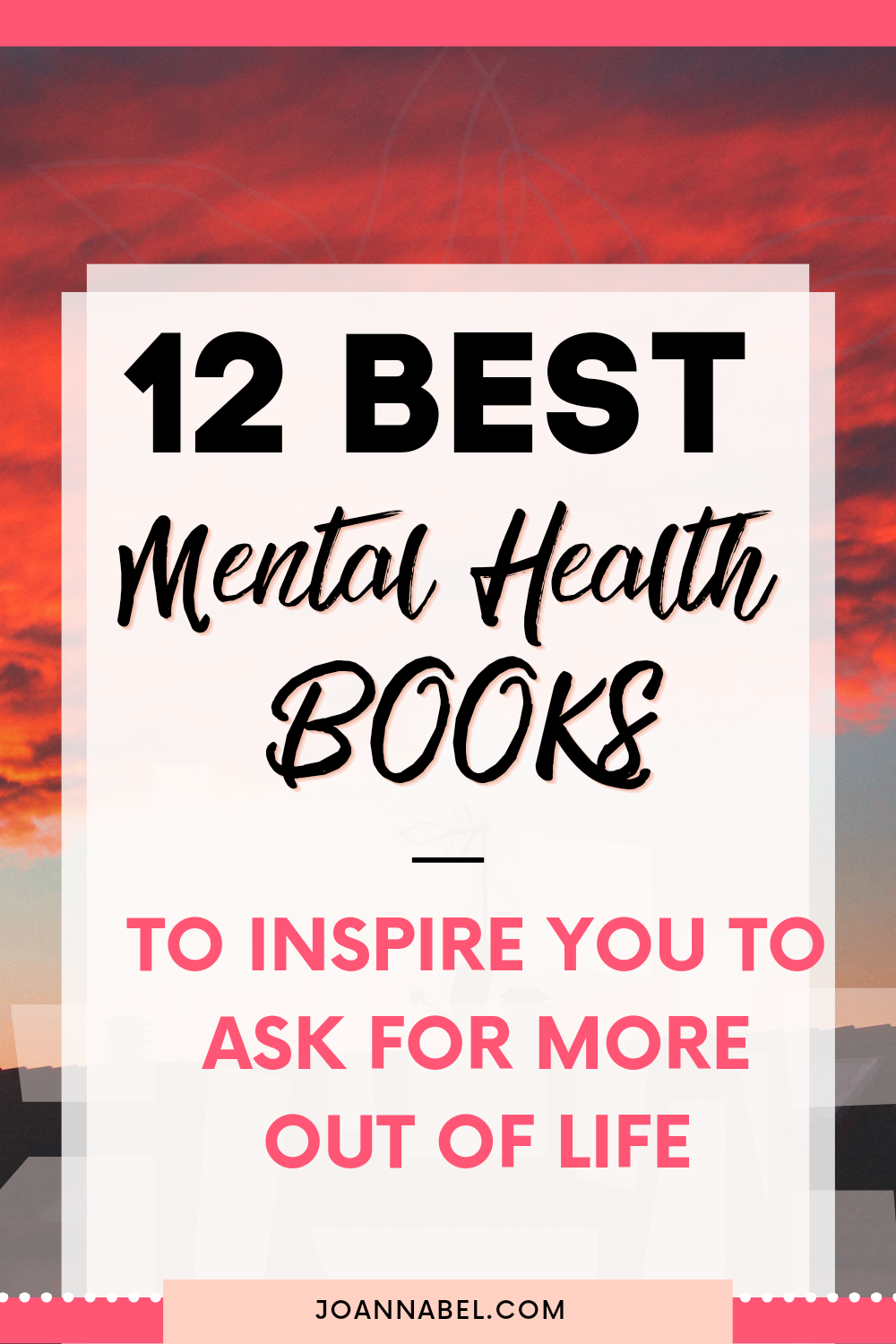


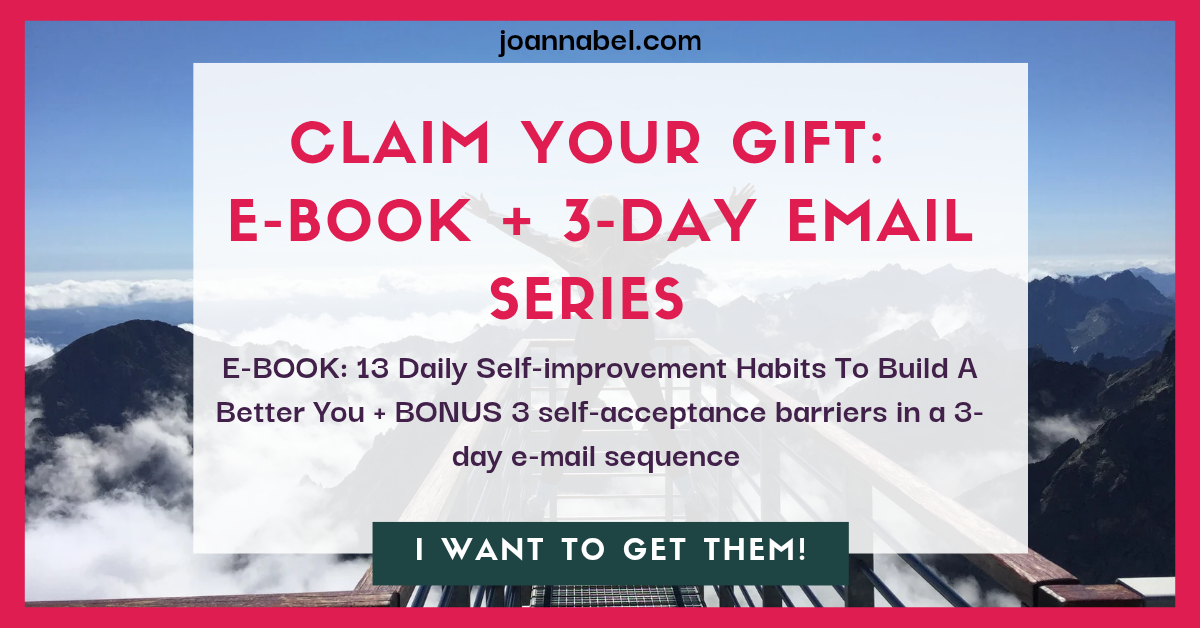
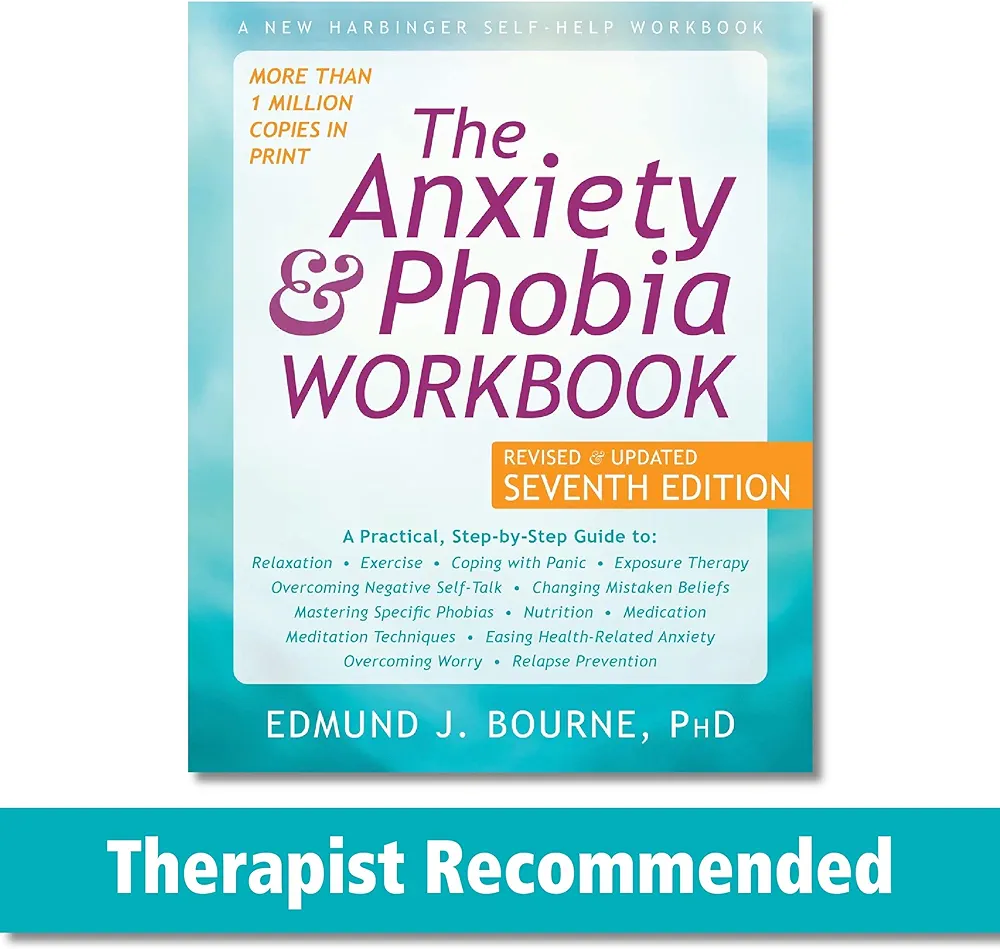
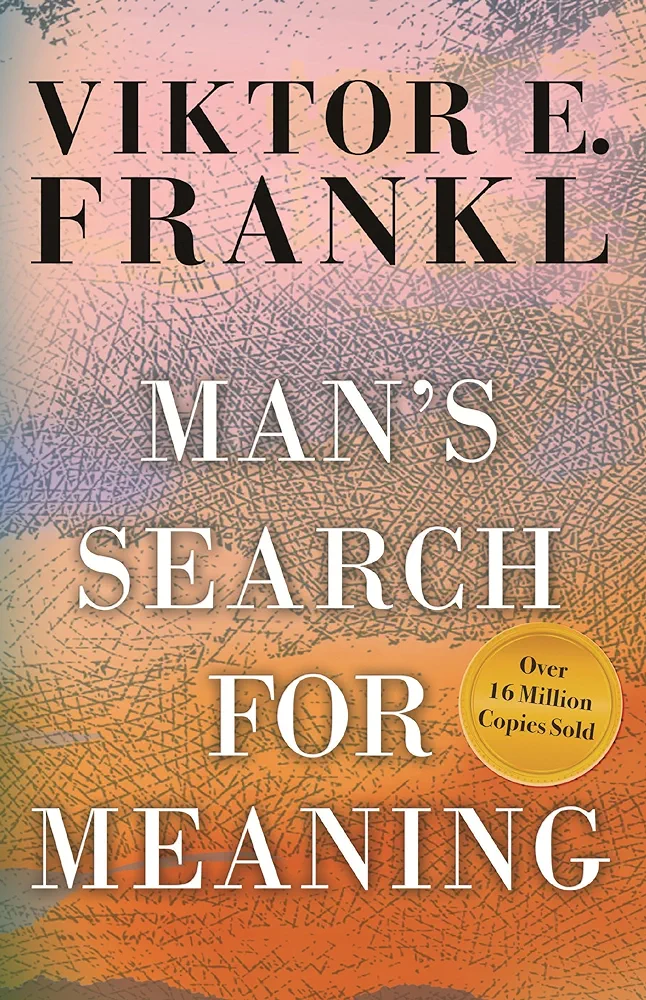
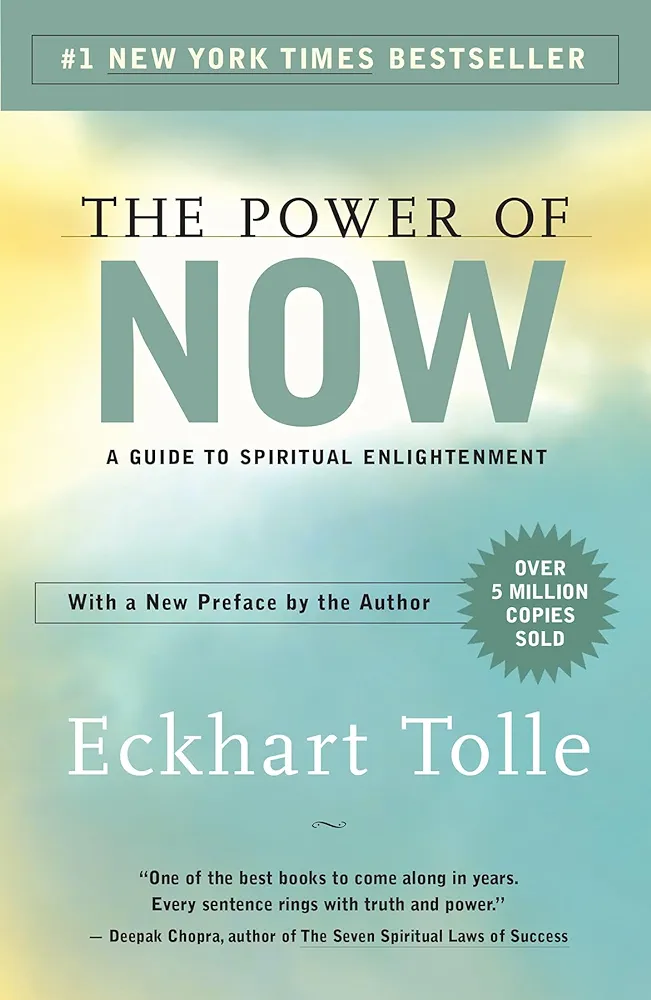

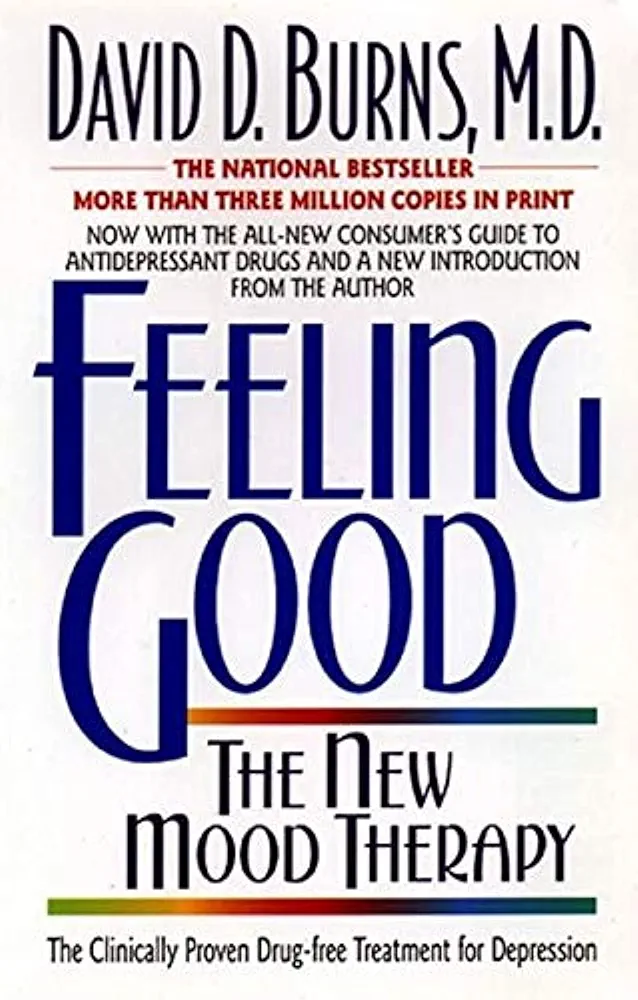


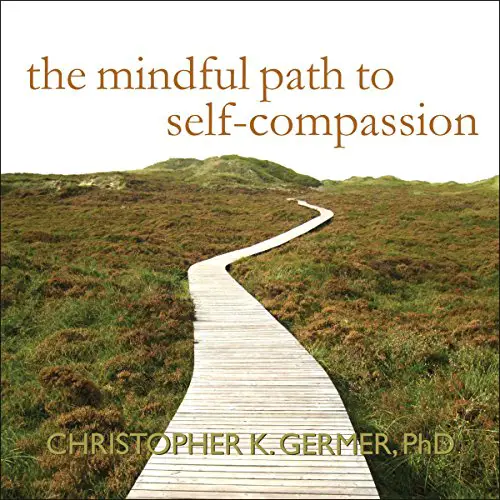
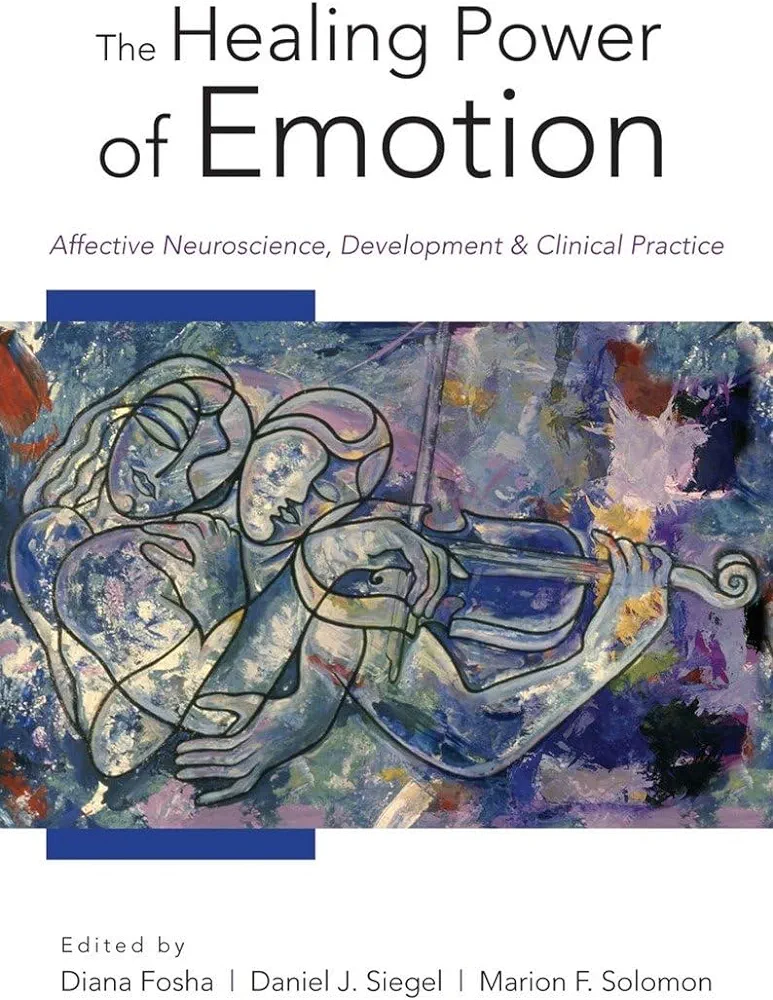
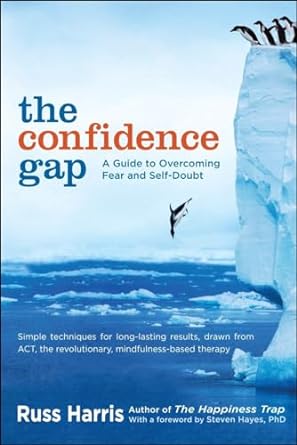








Leave a Reply